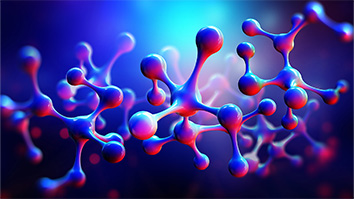Citation
Baker FC, Forouzanfar M, Goldstone A, et al. Changes in Heart Rate and Blood Pressure During Nocturnal Hot Flashes Associated With and Without Awakenings. Sleep. 2019;42(11):zsz175. doi:10.1093/sleep/zsz175
Abstract
Hot flashes (HFs) are a hallmark of menopause in midlife women. They are beyond bothersome symptoms, having a profound impact on quality of life and wellbeing, and are a potential marker of cardiovascular (CV) disease risk. Here, we investigated the impact on CV functioning of single nocturnal HFs, considering whether or not they were accompanied by arousals or awakenings. We investigated changes in heart rate (HR, 542 HFs), blood pressure (BP, 261 HFs), and pre-ejection period (PEP, 168 HFs) across individual nocturnal physiological HF events in women in the menopausal transition or post-menopause (age: 50.7 ± 3.6 years) (n = 86 for HR, 45 for BP, 27 for PEP). HFs associated with arousals/awakenings (51.1%), were accompanied by an increase in systolic (SBP; ~6 mmHg) and diastolic (DBP; ~5 mmHg) BP and HR (~20% increase), sustained for several minutes. In contrast, HFs occurring in undisturbed sleep (28.6%) were accompanied by a drop in SBP and a marginal increase in HR, likely components of the heat dissipation response. All HFs were accompanied by decreased PEP, suggesting increased cardiac sympathetic activity, with a prolonged increase for HFs associated with sleep disruption. Older age predicted greater likelihood of HF-related sleep disturbance. HFs were less likely to wake a woman in rapid-eye-movement and slow-wave sleep. Findings show that HFs associated with sleep disruption, which are in the majority and more likely in older women, lead to increases in HR and BP, which could have long-term impact on nocturnal CV restoration in women with multiple HFs.


